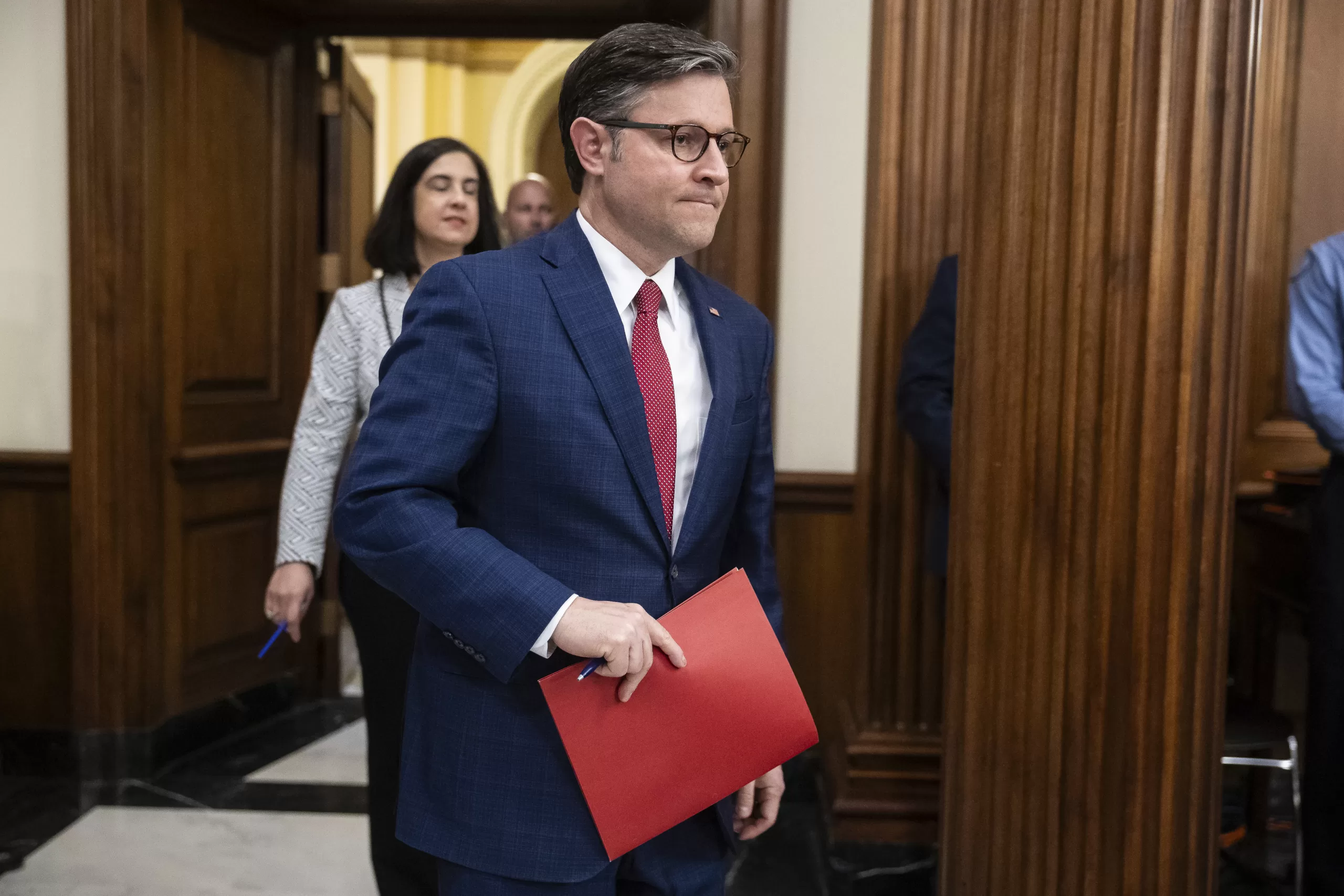
“Their leadership is aware that by failing to include the House in their negotiations, they have eliminated the ability for swift consideration of any legislation. As I have said consistently for the past three months, the House will have to work its will on these issues and our priorities will need to be addressed,” Johnson wrote in the letter.
Johnson’s letter is the latest sign of the hurdles a Senate deal will face in the GOP-controlled House. There’s growing pressure from former President Donald Trump and his allies within the Senate Republican conference to spike any agreement.
Meanwhile, House conservatives, including Johnson, have warned that if they don’t believe the border reform efforts go far enough that the bill will be dead on arrival in their chamber. And there’s growing skepticism about more Ukraine aid within the House GOP conference, including a warning from Rep. Marjorie Taylor Greene (R-Ga.) that she could trigger a vote to try to oust Johnson if he put it up for a vote.
Instead, Johnson said in his letter to House GOP colleagues that they will vote next week on a “clean, standalone Israel supplemental package” — and try to build pressure on the Senate to take up the bill if it passes the House. Conservatives have been floating trying to break up the Senate deal. And Sen. J.D. Vance (R-Ohio) and Rep. Kevin Hern (R-Okla.), the chair of the Republican Study Committee,
called on Johnson earlier this week to bring up a new Israel aid bill without IRS cuts attached.
The House bill, rolled out by Rep. Ken Calvert (R-Calif.) and backed by members of GOP leadership and the Appropriations Committee, would provide $17.6 billion in military assistance to Israel and funding for U.S. forces in the region.
The House previously passed new funding for Israel that was paid for by cutting IRS funding, making it a nonstarter for many Democrats. The Israel bill rolled out Saturday would not include offsets.
“During debate in the House and in numerous subsequent statements, Democrats made clear that their primary objection to the original House bill was with its offsets. The Senate will no longer have excuses, however misguided, against swift passage of this critical support for our ally,” Johnson wrote.
